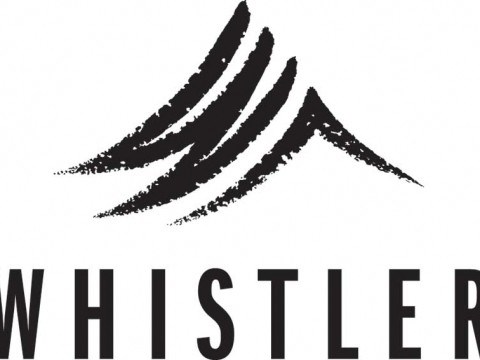Competition from 2010 Olympic merchandise has put Whistler's own logo wear program on hold for the time being.
Sales of T-shirts, hoodies, hats and mugs all branded with the resort's W logo resembling evergreen tree branches were sluggish in the first six months on the market, prompting retailers to temporarily shelve the True Local line.
Consumers were, and still are, looking for Olympic-related gear.
"What I hadn't calculated into the equation was that there was going to be a much preferred Whistler oriented licensed product (on the market)," explained John Rae, the municipality's manager of strategic alliances, who developed Whistler's licensing program two years ago at the behest of the council of the day.
"The commercial use of the rings was actually becoming the dominant request.
"Ironically (the 2010 merchandise) isn't really competing with us because we're a partner in this whole endeavour called the Games."
And, Rae added, it will be the exposure from the Games that he believes will ultimately lead to the success of the program in the long run.
"I believe that the Games, while they might be misconstrued as being the thing that negatively impacted the initiation of the True Local program, will in fact be the greatest single benefit to the True Local program," he said.
In the meantime, however, the program is on hold.
Whistler True Local, which offered "authentic Whistler merchandise," was launched in the summer of 2007 amid high hopes. Unlike other T-shirts with the word "Whistler" emblazoned on the front, True Local was the community's brand, offering a quality product and reflecting Whistler's sustainable practices. Consumers were expected to pay a premium, about a 10 per cent mark up, to get the "authentic" gear.
Early projections called for $1.5 million worth of sales in the first year. Ten per cent of that, or $150,000 was to flow back into the municipality's hands. It was one of the new ways the RMOW was exploring to raise so-called "non-traditional revenue" for the community.
But, the early sales of True Local gear were nowhere close to those early projections. Roughly $50,000 of merchandise was sold from July to December 2007; the municipality collected just $5,000 in royalties.
Local government, however, was not out of pocket for the unsold merchandise.
As the licensor, the municipality simply polices the way the logo is used in the marketplace. It's the wholesalers and retailers who manufacture and market the goods in the hopes that the product is successful.
Rae estimates the program cost $60,000 to get off the ground. That money was used to register and protect the logo, among other things.
"The licensing initiative is intended to be self sustaining," said Rae. "It's intended to look after itself because it's not as though we manufacture or sell anything. All we do is protect the rights of a licensee by policing the use of our brand."
Now that the municipality has laid the groundwork for the licensing program, Rae thinks it's only a matter of time before it takes off. He believes the worldwide exposure from the Games will be the catalyst for the program following the Games.
Rae points to several factors that will help it: the close partnership between the municipality and CTV, host broadcaster for the Games; the fact that all the venues have the name "Whistler" in their official names; and the fact that Whistler negotiated to be the official "Host Mountain Resort."
"We fully expect that globally there's going to be a dramatic increase in awareness of the name Whistler. We will, during the Games of course, be promoting our icon as much as we can..." said Rae.
"All of this is going to help our icon become increasingly well understood, recognized and known throughout the world... to the point where we can really go back into the marketplace in earnest."




